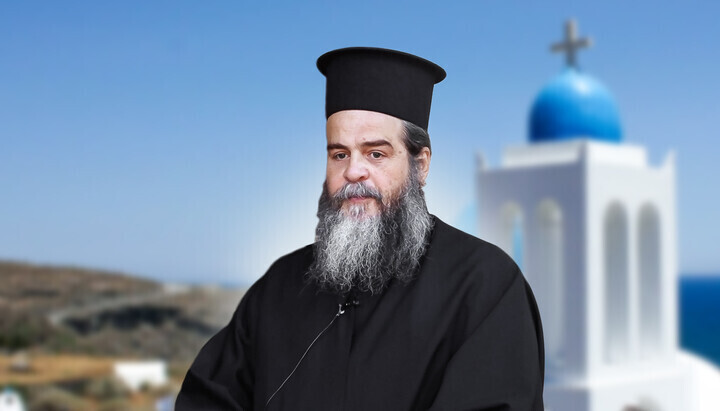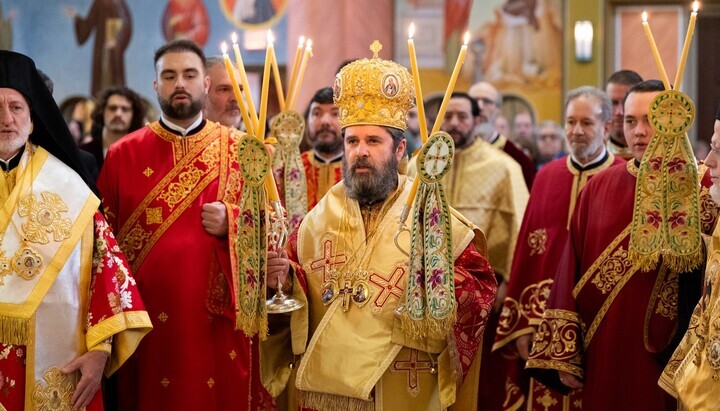Greek theologian speaks about unexpected decisions on appeals at Phanar

Protopresbyter Anastasios Gotsopoulos analyzed the practice of considering appeals by the Ecumenical Patriarchate and revealed striking contradictions in approaches to different cases.
Renowned Greek theologian and protopresbyter Anastasios Gotsopoulos published on the UOJ website a comprehensive study of appeals submitted to Constantinople by representatives of other Churches, where he revealed shocking inconsistencies in the decisions of the Patriarchal Synod.
The priest presents three illustrative cases demonstrating the inconsistency of the Ecumenical Patriarchate. The first concerns a former metropolitan of a major diocese of the Church of Greece, who was sentenced by a civil court to 6 years in prison for embezzling 56 million drachmas from a monastery and was involved in unconventional relationships. Over 1.5 million euros were found in his offshore accounts. Despite this, the Patriarchal Synod acquitted him three times, satisfying all appeals and demanding the Church of Greece conduct a "proper" court procedure. "The Patriarchal Synod completely ignored the criminal court’s guilty verdict, the presence of a huge sum in offshore accounts, and the grave scandal caused to the faithful," the theologian notes.
The second case is even more paradoxical. In 2018, the Phanar accepted the appeals of the anathematized Filaret Denysenko and the unordained Makariy Maletych, "reinstating" them. At the same time, Maletych was never tried by an ecclesiastical court, as he was not recognized as a canonical bishop. "How can one appeal a non-existent verdict? How can one 'reinstate' to the episcopal rank someone who never had canonical ordination?" the theologian wonders. He also emphasized that back in 1992, Patriarch Bartholomew himself rejected Filaret's first appeal and confirmed his deposition, later accepting his anathematization by the Russian Church.
The most outrageous case, according to the author, is that of Metropolitan Tychikos of Paphos. The Patriarchal Synod officially recognized that serious procedural violations were committed during his deposition by the Church of Cyprus. There was no investigation, no prosecutor, no witnesses, and no right to defense. According to the theologian, Archbishop George of Cyprus single-handedly combined the roles of prosecutor, investigator, ecclesiastical prosecutor, prosecution witness, judge, and press secretary. However, despite recognizing the illegality of the procedure, the Phanar upheld the decision of deposition. "The Patriarchal Synod unequivocally acknowledges the injustice of the decision but simultaneously justifies not the victim, but the one who commits this injustice!" the author exclaims.
Comparing these cases, Gotsopoulos arrives at a sad conclusion: "The Patriarchal decree is a serious blow to the very institution of appeal to the Ecumenical Throne! What clergyman will dare to seek justice again, keeping in mind the 'Tychikos case'?"
The theologian bitterly states that the institution of appeals to the Phanar has turned from a guarantor of justice into an instrument of its violation. Decisions are made not based on canons and law, but on political expediency and personal relationships.
Earlier the priest published an article "Deposition of the Metropolitan and the Fall of the Church: on Shocking Events in Cyprus".












